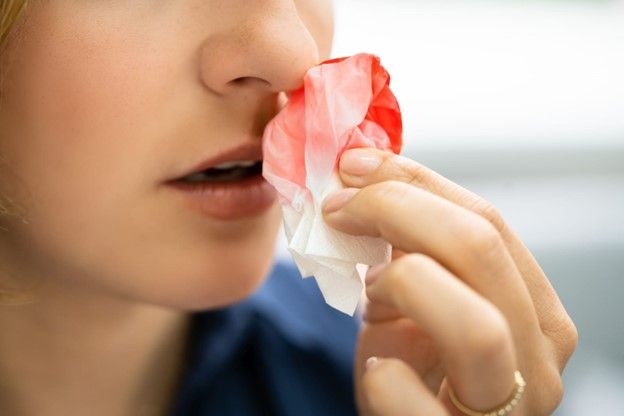We Provide Caring, Expert, and Innovative Ear, Nose & Throat Treatment for Children and Adults
FAQs
What services do ENT Care Centers provide?
We diagnose and treat ear, nose, throat, sinus, allergy, and sleep-related conditions. Our care also includes audiology, hearing aids, sinus surgery, and pediatric ENT services.
Do you perform surgery in the office or hospital?
Many procedures such as ear cleaning, nasal endoscopy, and balloon sinus dilation can be done safely in the office. For more complex surgeries, we operate in accredited hospitals or surgical centers in Louisville and nearby communities.
Do you treat both adults and children?
Yes. Our physicians see patients of all ages, from newborns with ear infections to adults with voice disorders or sinus problems.
What should I bring to my appointment?
Bring your photo ID, insurance card, referral (if required), and a list of medications or allergies. If you’ve had recent scans or test results, bring copies to help your doctor review them.
Do you accept my insurance?
We work with most major insurance plans. Contact our office before your visit and our staff will verify coverage and explain any copay or referral requirements.













